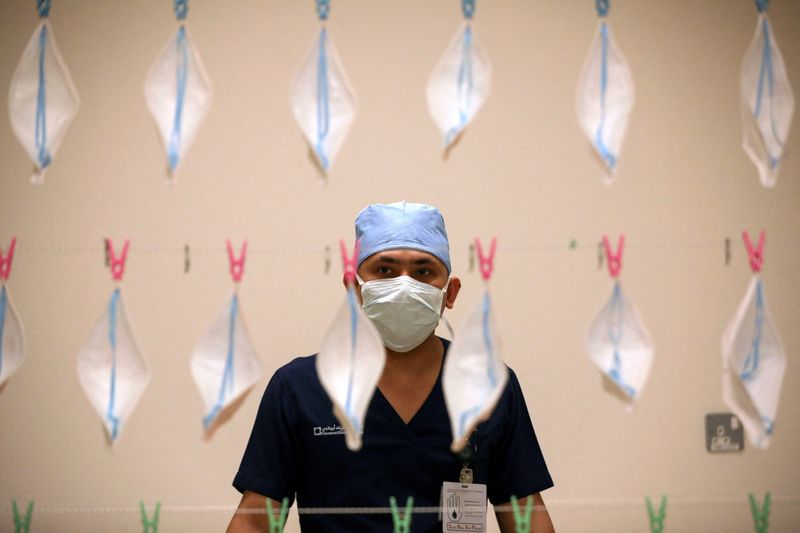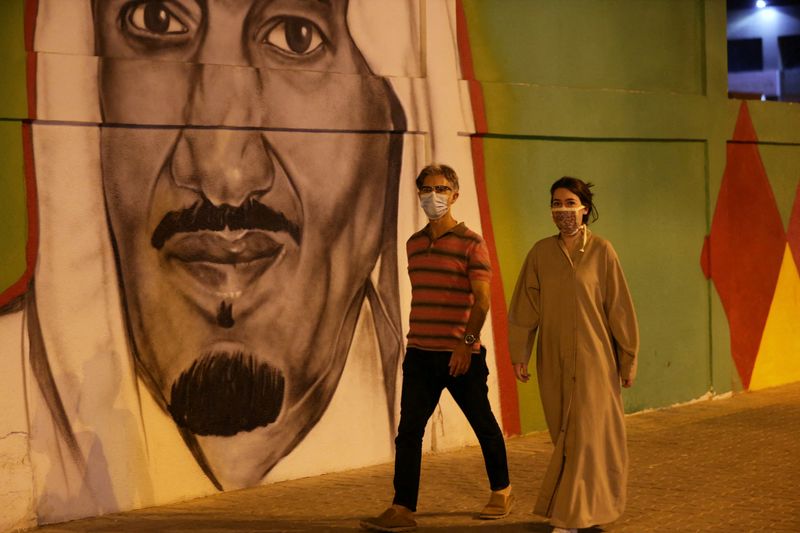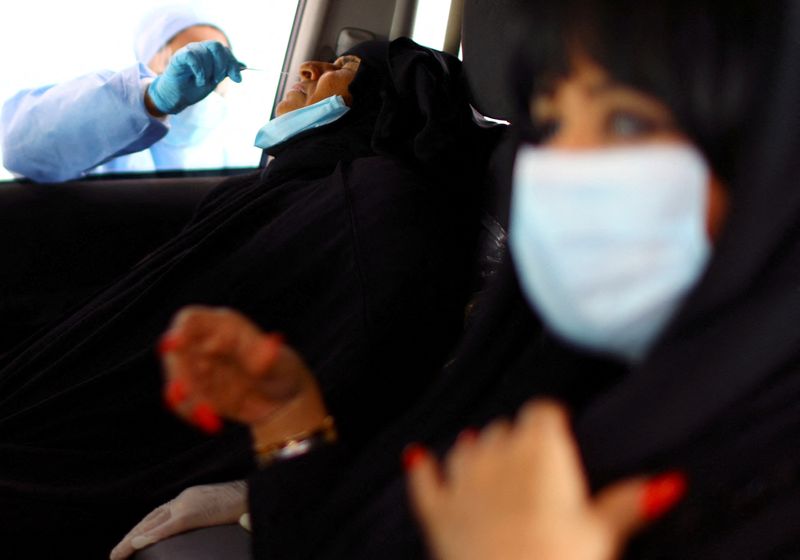DUBAI (Reuters) – Coronavirus infections have started rising again across the six Gulf Arab states after months of low or falling figures, data from health ministries showed on Thursday, as the Omicron variant spreads across the world.
The United Arab Emirates (UAE) has seen a particularly sharp increase in COVID-19 infections since announcing the arrival of Omicron early this month, with 1,002 cases of coronavirus recorded on Thursday, up from 68 on Dec. 2.
The resurgence comes during the region’s peak tourism season, especially in the UAE which is welcoming millions of visitors to the Expo 2020 Dubai world fair and other seasonal events.
Government employees have been ordered to take PCR tests in Abu Dhabi, where authorities have started using scanners to check people entering the emirate by road.
All six countries have identified Omicron in their territories – though their daily tallies do not break down the infections by variant.
The Gulf’s most populous country, Saudi Arabia, registered 252 new infections on Thursday, up from daily tallies of around 50 recorded since late September.
Health authorities there advised citizens and residents this week to avoid all unnecessary foreign travel. The kingdom reported its first Omicron case on Dec. 1.
Oman, Qatar and Bahrain are also seeing cases pick up, although less dramatically. Kuwait reported 143 new cases on Wednesday, its highest daily count since late August.
(Reporting by Doyinsola Oladipo; Editing by Lisa Barrington and Andrew Heavens)




























